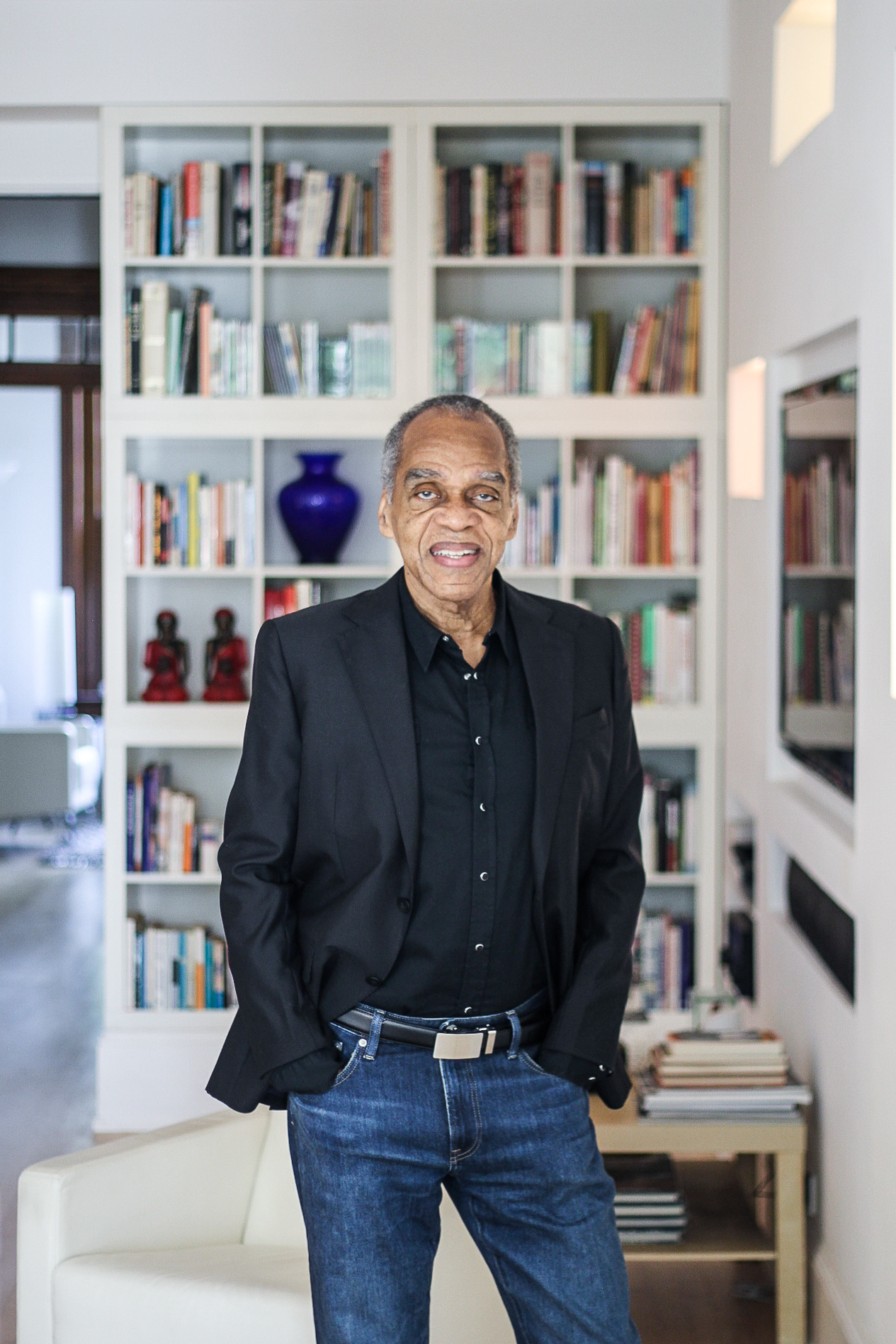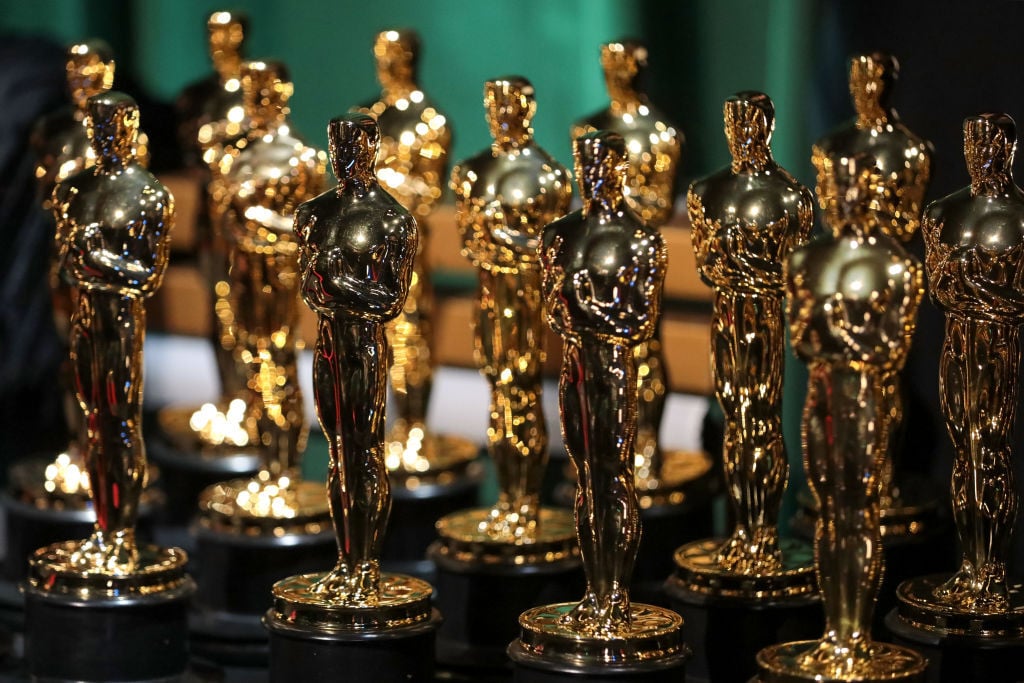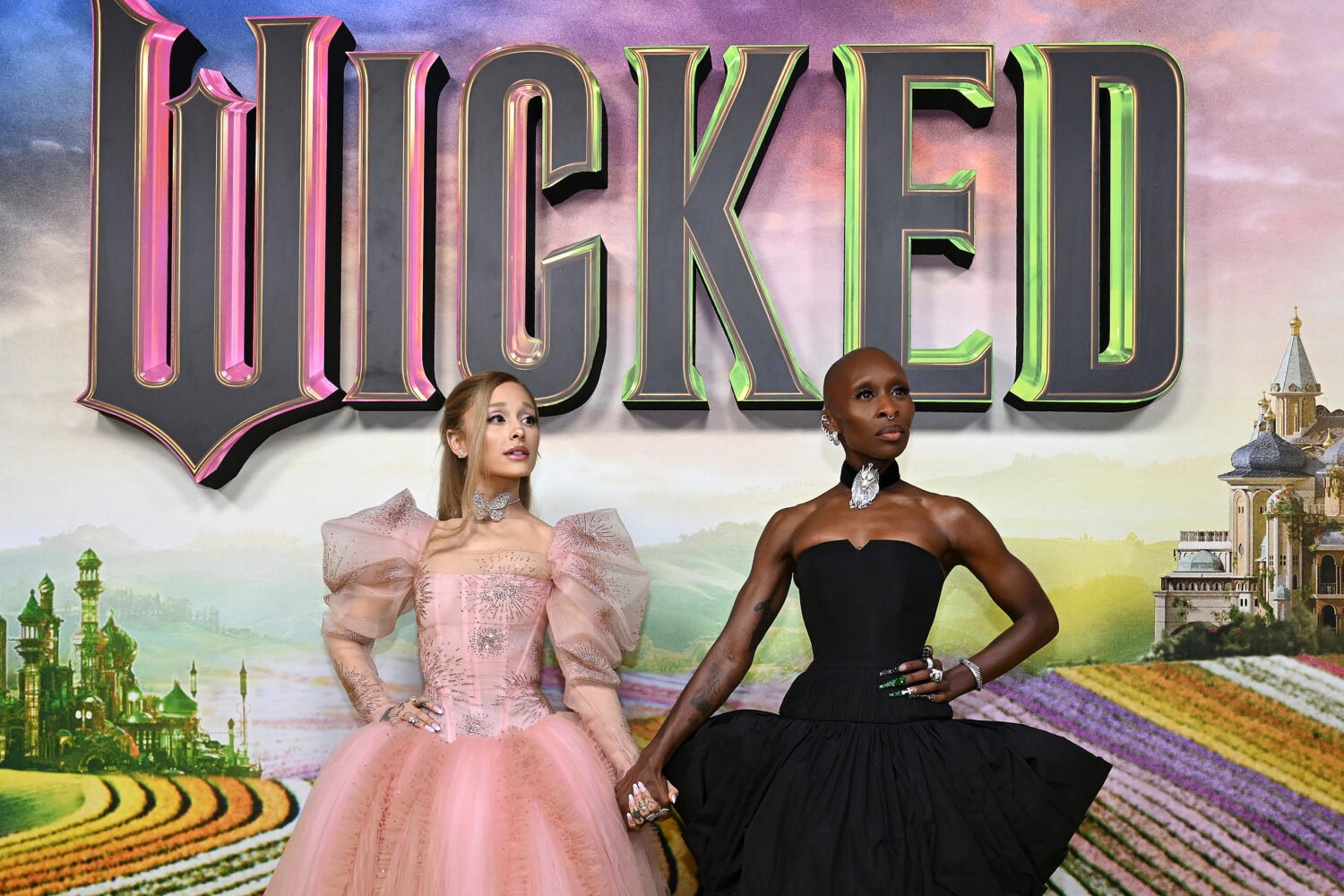Tony Gittens, the director of FilmFest DC, has been immersed in the world of film his whole life. He spent his childhood in the theaters of Brooklyn, N.Y. watching anything and everything that came on the big screens. “It was an escape for me from the city streets,” Gittens said. “It showed me that there was an alternative world than the one that I was living through day-to-day and that appealed to me.”
Gittens later turned his passion for film into a way to advocate for the success of African-Americans. In the late 1970s, he created the Black Film Institute at the University of the District of Columbia to fill the information gap about the contributions of African-Americans in the film Industry. Nearly a decade later, Gittens started FilmFest DC, the District’s premier international film festival, to give Washingtonians a deeper understanding of films made by filmmakers outside of Hollywood. The local film festival just wrapped up its 35th year in June and featured 60 films from 35 countries. You can find more information about the featured films and future screenings here.
You are one of the only African-American international film festival directors in the world. What have been some of the biggest challenges for you as a Black man in the film industry?
My experience in the Civil Rights Movement makes me a continuing student of power. Whoever that [power] is has a lot of influence about what the organization is going to do. I knew I wanted to be that person. The director is where the power is in film festivals. The director has the final say about what’s going to be shown and what’s not going to be shown. With that comes a lot of responsibility. I have to raise the money, maintain the organization structure, and make sure everything operates in a way that our customers are pleased with. It’s at a cost, but that’s what my attitude is towards it.
Another thing I knew was that people were not going to take me seriously. They are not used to seeing a Black person in this role. They are not that sure we can make films. I knew that I had to push my way through. I had to say “No, here I am. This is what we’re going to do. You’re gonna play in my field and my game. This is the way it’s going to be, and if it doesn’t work out for you, it’s all good.” The fact that I’m African-American has never had anything to do with how we run this show. I haven’t had other film festivals treat me one way or another. I wouldn’t stand for it. It’s hard to find a person of color in their hierarchy. I thought, “Whoa, man. I thought this was over. I thought we’d go beyond this.” One reason I keep doing this is to show African-Americans that there’s an alternative. It’s possible to be the director of an international film festival. I’m sitting right here doing it.
Has your ethnic/community background influenced your role and decisions as the director of FilmFest DC?
Not very much because a film festival is a film festival, no matter who sits in this position. However, having a household full of West Indians did have an effect in that I have a sense of the world outside of the United States. The United States is just not the limit of my understanding and appreciation of the world. While my family lived here and we’re all American citizens, there was always a sense of home, which was Barbados. There is this other place where I see people and they’re accomplished there. It did give me an appreciation that there is an alternative, and it’s a fine alternative.
My ethnicity has nothing to do with it. I’ll back off if the film is doing something that I think is full of stereotypes. People may not see those films in the same way that I do, and if anybody asks, I’ll tell them why. I think my experience in the movement has made me supportive of social justice films that deal with issues of social justice and fairness and treating people equitably. So, we have a Justice Matters section where we have films with those kinds of themes. We want those voices and those points of view to be seen and heard and discussed.
You’ve been the director of FilmFest DC since 1986. That’s a long time, and a lot has happened since then. What would you say are some of the biggest changes within the local film community since the late ‘80s?
This was a time before the Internet. Obviously, the internet and digital technology has affected everything in our daily lives. You can make a film on a cellphone. It might not be great or win awards, but it’s possible to do.
I also noticed young people at Howard University are now taking film classes. They were majoring or minor in film. There were a lot of people who viewed film as a real solid career path, and that was nice to see. Schools here are taking advantage of people’s interest in film, but the audience here has always been smart and always interested in the arts and culture and issues. That’s been consistent.
There are a couple of themes that the movies range across, such as Trust No One and Justice Matters. There are also some timely themes in there, like racial justice and Asian-American identity. Do these themes vary from year to year or is it consistent? How do you choose these themes?
We don’t go into pre-conceptions. We used to do it, and then we noticed the films don’t really fit the descriptions we planned. We were sort of forcing something that was a round peg in a square hole, so we stopped that. It’s a discovery. One example is the DC4Reel section [which includes features and short films made by Washingtonians]. We didn’t start the year saying “oh, we’re going to do that.” When we gathered the films that we wanted to invite, we looked at them and saw there’s these three or four made from DC filmmakers and they’re really good.
Last year, the festival was virtual. This year, the film festival is sort of a hybrid model with some virtual and in-person elements. What has the process been like working on this throughout the pandemic?
We had only one in-person element, which was the showing at the Wharf. Everything else is virtual. We hope next year to be much more in-person. The festival we were planning for April was all in-person. We had the theatres, the films, and all the things that we needed to do an in- person event. We had to get up and move it to October. We had to pivot and learn very quickly about streaming a virtual festival. I think we’re successful in presenting FilmFest DC as everything was the same, but people were viewing it at home. People are used to getting films and watching them on their television or computer. It had its moments, but we learned pretty quickly and were successful.
















